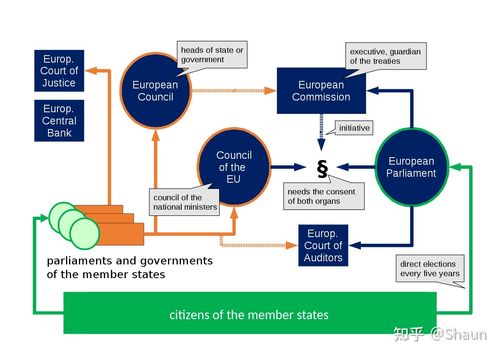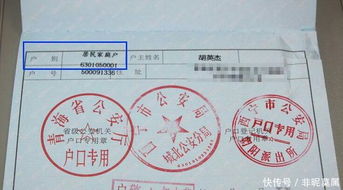Europe has a complex legal framework that encompasses a variety of legal systems and institutions, largely influenced by the European Union (EU) but also rooted in each member state's legal traditions. Here's an overview of key aspects:
1. European Union Law
The cornerstone of European legal integration is EU law. This body of law originates from the treaties that have established and developed the EU. It includes:
- Primary Law: Treaties like the Treaty on European Union (TEU) and the Treaty on the Functioning of the European Union (TFEU) set out the EU's objectives, institutions, and powers.
- Secondary Law: Regulations, directives, decisions, and recommendations made by EU institutions form secondary legislation that binds member states.
2. National Legal Systems
Each EU member state retains its own legal system alongside EU law. National laws interact with and sometimes implement EU law. Legal traditions vary widely across Europe, with civil law predominating in some countries (like France and Germany) and common law in others (like the UK and Ireland).
3. European Court of Justice (ECJ)
The ECJ interprets EU law to ensure its consistent application across all member states. It resolves disputes between member states, EU institutions, and individuals regarding EU law. The ECJ's rulings have a profound impact on the legal systems of member states.

4. European Convention on Human Rights (ECHR)
Separate from the EU but influential in Europe's legal landscape is the ECHR. It's overseen by the European Court of Human Rights (ECtHR) and ensures member states uphold fundamental rights and freedoms.
5. National Courts
Member states' courts play a crucial role in implementing and enforcing EU law. They can refer questions of EU law to the ECJ and are obligated to uphold EU law over conflicting national laws.
6. Specialized European Agencies
EU agencies, like Europol or the European Medicines Agency, operate within specific legal frameworks to support EU policies in areas like security, health, and industry.
7. Brexit Implications
The withdrawal of the UK from the EU has introduced complexities, including the need to renegotiate legal arrangements and establish new frameworks for EUUK relations.
The European legal framework faces several challenges, including:
- Complexity: Coordinating legal systems of 27 member states alongside EU law is intricate and requires ongoing harmonization.
- Democratic Legitimacy: Balancing national sovereignty with EU legal integration raises questions about democratic accountability.
- Adaptation to Change: Legal frameworks must evolve to address technological advancements, climate change, and societal shifts.
Looking ahead, the EU aims to strengthen legal coherence, uphold fundamental values, and adapt to emerging global challenges while preserving Europe's legal diversity.
For more detailed information on specific aspects of the European legal framework, consult legal experts and official EU publications.











